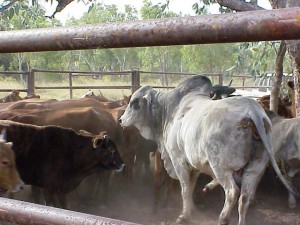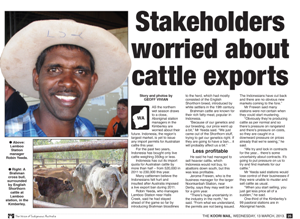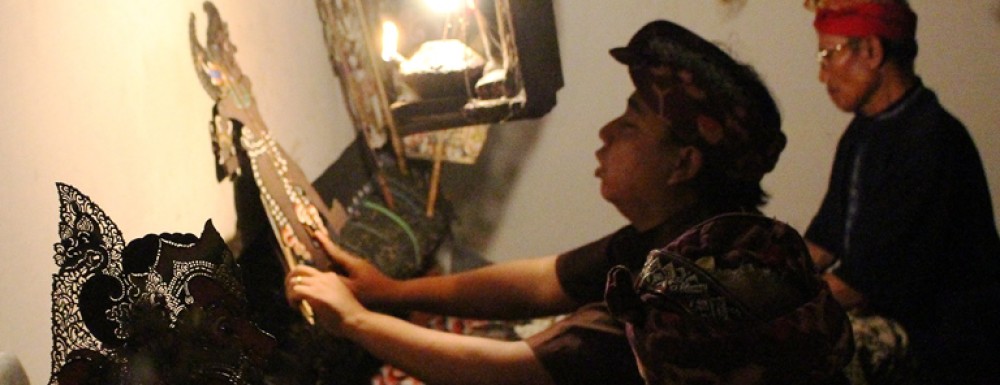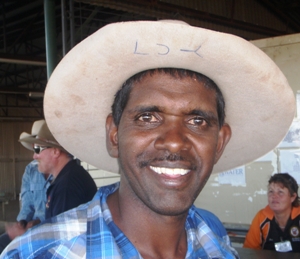TEXT AND PHOTOS BY GEOFF VIVIAN
from The Koori Mail
As the northern wet season draws to a close, Aboriginal station managers in the Kimberley are waiting to see if they can sell any cattle.
Indonesia, the largest market, is yet to issue any import permits for Australian cattle this year.
For the last two years the country has only bought live cattle weighing 350 kilograms or less, and many cattlemen believe the Indonesians felt hurt and insulted after Australia imposed a live export ban for part of last year.
Indonesia has cut its import quota for Australian cattle by more than half – from 520,000 in 2011 to 230,000 this year.
Robin Yeeda, who manages Lamboo Station near Halls Creek, said he had stayed ahead of the game so far by introducing Brahmin bloodlines to the herd, which had been mostly of the English Shorthorn breed introduced by the first white settlers in the Nineteenth Century.
Brahmin cattle are known for their rich fatty meat, popular in Indonesia.
“Because of our genetics and our breeding, our price went up a bit,” Mr Yeeda said.
“We just came out of the Shorthorn stuff, trying to get our genetics right, and if they are going to have a ban … it will probably affect us a bit.”
He said he had managed to sell heavier cattle, which Indonesia would not buy, to abattoirs down south but this was less profitable.
Jerome Frewen, who is business manager for the larger Noonkanbah Station near Derby, says they may be in for a grim year.
“There’s huge uncertainty in the industry in the north,” he said.
“From what we understand, the permits are not being issued.
“The Indonesians have cut back and there are no obvious new markets coming to the fore.”
He said many stations were not sure when they could start mustering.
“Obviously they’re producing cattle as per normal and so there’s pressure on rangeland and there’s pressure on costs, so they are caught in a downward pressure on prices already that we’re seeing,” he said.
“We try and lock in contracts for the year and … there’s some uncertainty about contracts.
“It’s going to put pressure on us to try and find markets for our cattle.”
Mr Yeeda said stations would lose control of their businesses if they were unable to muster and sell cattle as usual.
“When you start selling you just get less price all of a sudden,” he said.
One third of the Kimberley’s 99 pastoral stations are in Aboriginal hands.
First published in The Koori Mail Wednesday 13 March 2013

